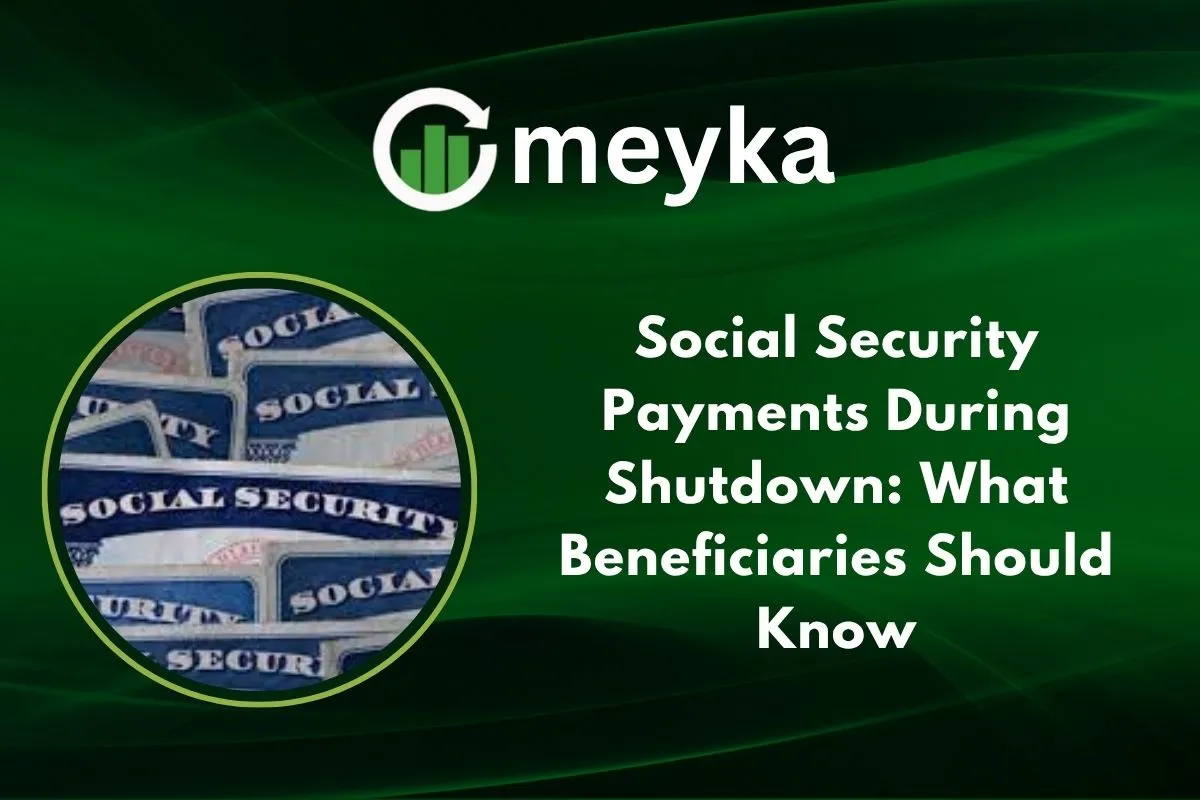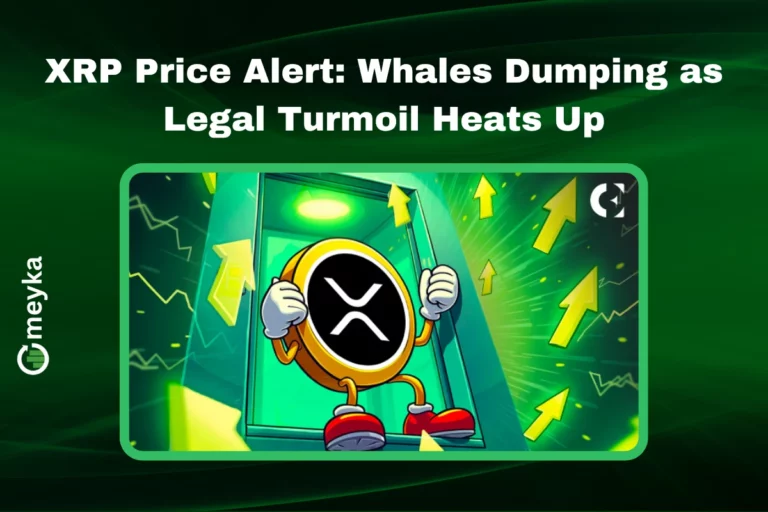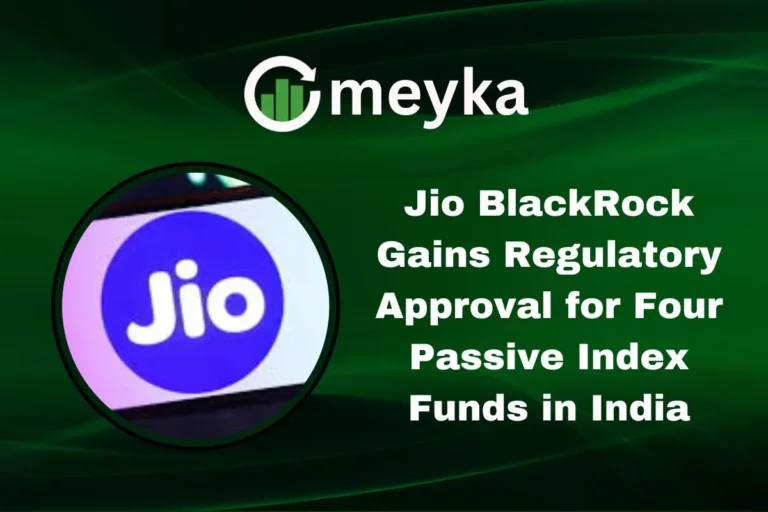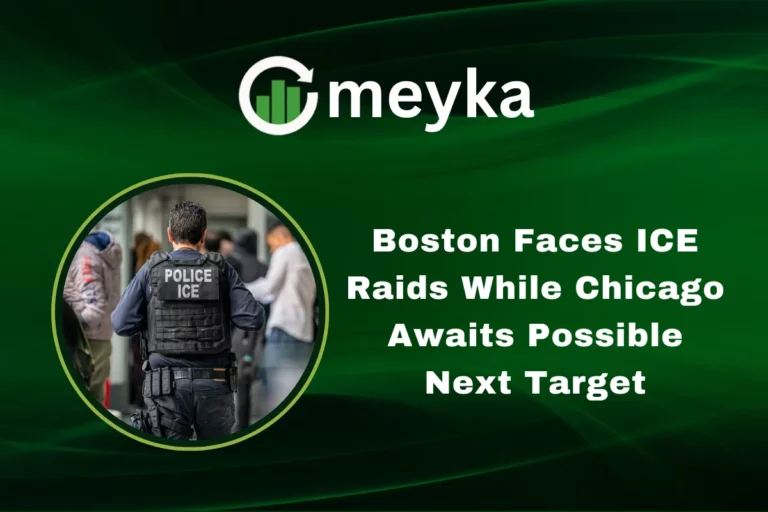Social Security Payments During Shutdown: What Beneficiaries Should Know
When Congress fails to pass funding laws, the federal government may shut down. In October 2025, such a shutdown began, raising fears among millions who depend on Social Security. Many ask: Will my checks stop? Will services slow? Do I need to act? We often see headlines about furloughs, closed agencies, and paused programs. But Social Security is different: it is “mandatory spending.” That means payments are generally protected, even when other parts of government pause operations.
We explain how a shutdown affects Social Security, SSI, Medicare, and related programs. We also tell you what may slow down and what actions you should take. Our goal: to cut through confusion and give you reliable, up-to-date facts.
What Is a Government Shutdown?
A government shutdown happens when Congress can’t agree on funding and fails to pass appropriations bills or a continuing resolution.
During a shutdown:
- Agencies funded by discretionary spending pause or reduce operations.
- Some offices close or reduce staff.
- Essential services often continue under special rules.
For instance, in the 2025 shutdown, hundreds of thousands of federal employees were furloughed or forced to work without pay.
Shutdowns have happened many times, most recently in 2018–19 and 2013.
Are Social Security Payments Affected by a Shutdown?
Here’s the good news: Your Social Security payments will continue during a shutdown.
Why? Because Social Security is funded through mandatory spending and its own trust funds. It does not depend on the annual budget that Congress must approve.
The Social Security Administration confirms: existing beneficiaries and SSI recipients will get their payments on time, with no change to payment dates.
What Services May Be Delayed or Limited?
Even though payments continue, many non-critical services may slow down. Here’s what could be affected:
Delayed or limited services
- Benefit verifications and overpayment work may pause.
- Updating earnings records or correcting errors might take longer.
- Issuing or replacing Social Security cards or Medicare cards could face delays.
- Customer service wait times may increase, especially on the phones or in-person offices.
Some less urgent operations may be suspended until the shutdown ends.
Payments: Timing and Continuity
Because Social Security is funded outside the normal budget process, the scheduled payments still go out on time. If you already get payments via direct deposit or electronic methods, there is little risk of delay.
One important update: as of September 30, 2025, paper checks for Social Security have been eliminated. All benefits must go through electronic methods, like direct deposit or debit cards.
Those who relied on mail checks must have switched to an electronic method, or risk delays. In the current shutdown, payments continue as scheduled, but new developments, such as delays in the Cost-of-Living Adjustment (COLA) announcement, may change timing.
Impact on SSI, SSDI, and Other Benefits
It’s important to understand the difference between Social Security and related programs:
- SSI (Supplemental Security Income): a program for low-income individuals, separate from Social Security.
- SSDI (Social Security Disability Insurance): a Social Security program for disabled workers.
Both SSI and SSDI retain protection during a shutdown. SSI payments, like those of Social Security, are expected to continue.
However, service processing (new applications, appeals) for SSDI or SSI may slow down, depending on staffing. Existing beneficiaries should not see an interruption in their monthly checks.
Effect on Medicare and Medicaid
Medicare and Medicaid are considered essential programs, and coverage continues during a shutdown. Claims processing, enrollment updates, or administrative tasks may slow down, depending on agency staffing. Core health services remain intact for most existing beneficiaries.
What About New Applicants and Pending Claims?
If you are applying for benefits or have a case in process, here’s what to expect:
- New applications may experience delays due to reduced staff.
- Hearing decisions or appeals may slow, as support staff or adjudicators may be limited.
- If the shutdown lasts more than a few days, the Social Security Administration may reassess staffing to keep critical operations running.
Even so, historically, benefit application systems stayed open during prior shutdowns.
What Beneficiaries Should Do During a Shutdown
Here are practical steps you can take:
- Use online tools. SSA’s “my Social Security” portal lets you view benefits, change deposit details, request replacements, and more.
- Update your direct deposit or electronic payment method, especially if you previously got paper checks.
- Be patient. Some services and responses may be slower than usual.
- Avoid scams. Scammers may try to exploit confusion. Always verify with SSA’s official site (ssa.gov).
- Keep accurate records. Maintain statements, notices, and proof of identity to resolve issues if delays occur.
When Could Payments Be at Risk?
Under normal shutdown scenarios, core Social Security payments are safe. But there are rare possibilities:
- If a debt ceiling issue arises (i.e., the U.S. cannot borrow more), payments might be threatened.
- If the shutdown becomes extremely long, agencies might need to adjust which services remain funded.
- In 2025, one concern is the COLA announcement for 2026. Delays in releasing inflation data may push back the COLA decision.
Experts generally agree that payments are secure under current rules. But we must keep watching political developments.
Conclusion
Shutdowns bring worry, uncertainty, and headlines. But for Social Security, the fundamentals hold steady: payments are expected to continue on time, thanks to mandatory funding. Still, some services may be slow, especially applications, appeals, or card replacements. We suggest staying calm, using online tools, and watching for official communications from SSA.
We will keep following updates and let you know if anything changes. In the meantime, stay informed, and know that, for now, your Social Security benefits are protected.
FAQS:
If Social Security ever shut down, payments could stop or be delayed. Millions of seniors, people with disability, and low-income families would lose their main income and face serious hardship.
Yes, Social Security benefits are sent directly to the people who qualify. Payments go to retirees, disabled workers, and families who need support because of age, income, or medical needs.
The main beneficiaries are seniors who have retired, people with disabilities, and families of deceased workers. These groups depend on monthly payments for living expenses and basic needs.
Disclaimer:
This content is for informational purposes only and is not financial advice. Always conduct your research.






